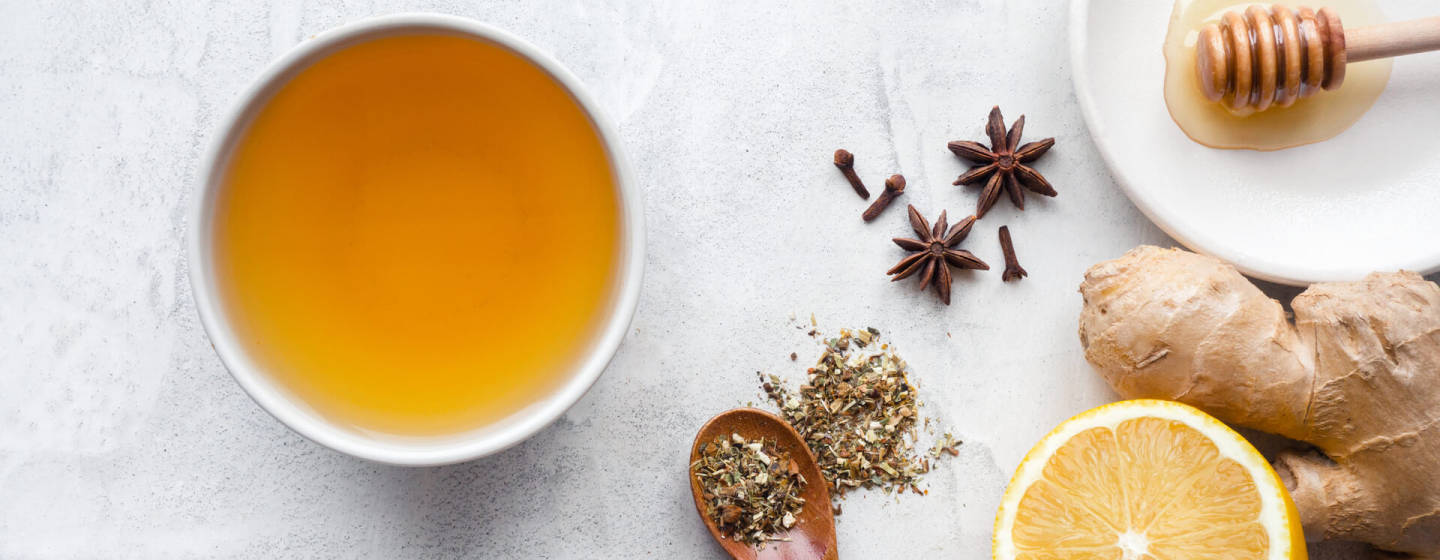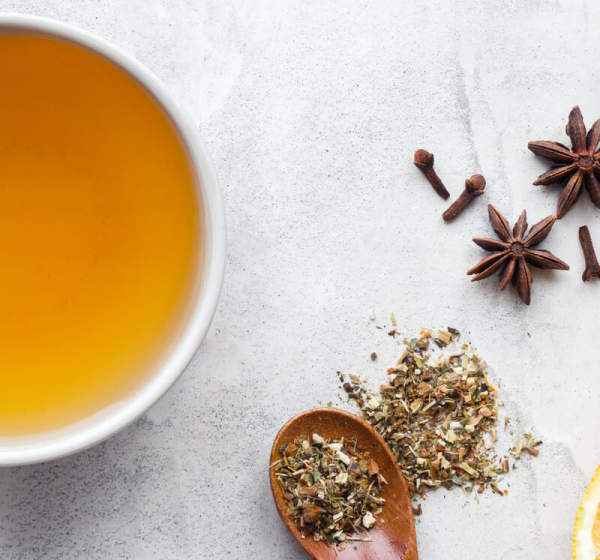What Tea is Good for High Blood Pressure?
High blood pressure, or hypertension, is a common condition that affects millions of people worldwide. It is a major risk factor for heart disease and stroke, two leading causes of death. Managing high blood pressure often involves lifestyle changes, including diet. Tea, one of the most consumed beverages globally, has been studied for its potential health benefits, including blood pressure management. But the question remains: Can tea actually help lower blood pressure?
Does Tea Lower Blood Pressure?
Tea contains various compounds, including antioxidants, that may positively affect heart health and blood pressure. However, the effect of tea on blood pressure can vary depending on the type of tea and its preparation. Let’s explore some teas that have been associated with blood pressure management.
Hawthorn Berry
Hawthorn berry tea is made from the berries of the hawthorn plant, and may also include its flowers and leaves. It has a long history in traditional medicine for treating heart-related conditions. Hawthorn is known for its antioxidant properties, which can help improve blood flow and promote heart health.
A systematic review found that hawthorn may help lower blood pressure if consumed for at least 12 weeks.
Join our newsletter to get the most up-to-date information and strategies about maintaining a healthy blood pressure!
Ashwagandha
Ashwagandha, often referred to as Indian ginseng, is an adaptogen that has been used in Ayurvedic medicine for centuries. It is known for its stress-reducing effects, which is significant since stress can be a contributing factor to high blood pressure.
While not traditionally consumed as a tea because of its strong flavor, ashwagandha can be taken in a powdered form and added to warm water or milk. Limited studies suggest that ashwagandha might help lower blood pressure by reducing stress and improving cortisol levels – if blood pressure is stress-induced.
Hibiscus
Hibiscus tea, made from the vibrant flowers of the hibiscus plant, is not only delicious but may also have health benefits for those with high blood pressure. Studies have shown that hibiscus tea can help lower blood pressure in people with mild to moderate hypertension. It is thought that the anthocyanins and other antioxidants found in hibiscus contribute to its blood pressure-lowering effects.
Green Tea
Green tea is perhaps one of the most researched teas when it comes to health benefits. It is rich in catechins, a type of antioxidant that may help protect against heart disease by lowering blood pressure and improving cholesterol levels.
Some studies have found that regular consumption of green tea can lead to a modest reduction in blood pressure. However, green tea also contains caffeine, which may counteract these benefits in some individuals.
Cardamom
Cardamom is a spice often used in South Asian cuisine and traditional medicine. While not a tea in the traditional sense, cardamom can be infused in hot water to make a flavorful drink.
Some research suggests that cardamom may help maintain healthy pressure levels in people with hypertension. Its antioxidant properties and potential effects on improving blood circulation could be the reasons behind its blood pressure-lowering capabilities.
Teas that May Elevate Blood Pressure
While certain teas can be beneficial for managing high blood pressure, it’s important to note that any food or beverage containing caffeine may elevate your blood pressure temporarily. Caffeine can cause a short, but significant, increase in blood pressure by narrowing blood vessels and magnifying the effects of stress. When under stress, your heart rate increases, and caffeine can intensify this effect.
Therefore, if your goal is to lower blood pressure, it may be best to avoid or limit the consumption of caffeinated teas, such as black tea, oolong tea, and some types of green tea. Instead, opt for decaffeinated versions or naturally caffeine-free herbal teas like hibiscus or hawthorn.
In conclusion, certain types of tea, particularly those rich in antioxidants and without caffeine, may contribute to lower blood pressure levels. Hibiscus, green tea (in moderation), hawthorn berry, ashwagandha, and cardamom are some options that might offer benefits. However, it’s crucial to remember that drinking tea alone is unlikely to significantly reduce blood pressure if other healthy lifestyle choices are not in place. A balanced diet, regular physical activity, maintaining a healthy weight, and avoiding excessive alcohol consumption are also key components of managing high blood pressure. Always consult with a healthcare professional before making significant changes to your diet, especially if you have health conditions or are taking medication for blood pressure.
Disclaimer: This article is for informational purposes only and does not contain medical advice, and is not a replacement for medical advice. The information in this article is not intended to diagnose, treat, cure, or prevent any disease. Talk to a qualified medical professional before making any changes to your health regimen.
Sources:
The effect of hawthorn (Crataegus spp.) on blood pressure: A systematic review, Sep 2020 – https://www.sciencedirect.com/science-article-abs-S2212958817301106
Effect of Ashwagandha (Withania somnifera) Root Powder Supplementation in Treatment of Hypertension, Oct 2017 – https://www.tandfonline.com/doi-abs-101080/09735070-201211886427
The effect of green tea on blood pressure and lipid profile: A systematic review and meta-analysis of randomized clinical trials, Aug 2014 – https://www.sciencedirect.com/science-article-abs-S0939475314000477
The effect of green tea on blood pressure and lipid profile: A systematic review and meta-analysis of randomized clinical trials, Feb 2008 – https://www.sciencedirect.com/science-article-abs-S0378874107005478



